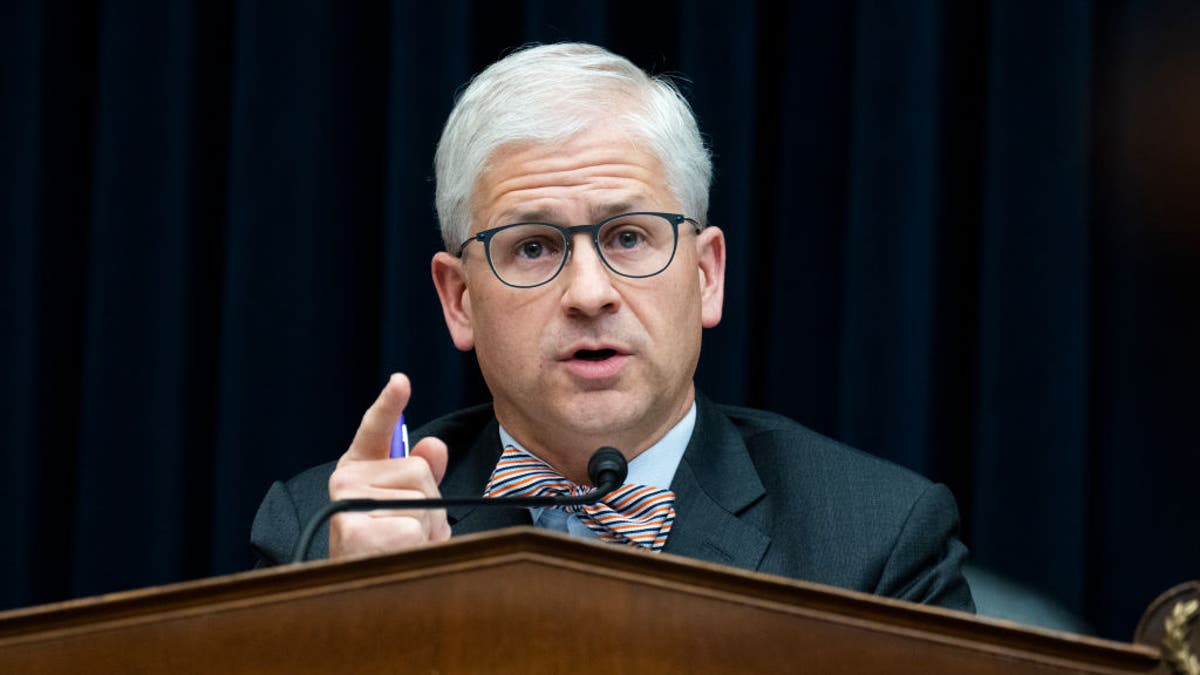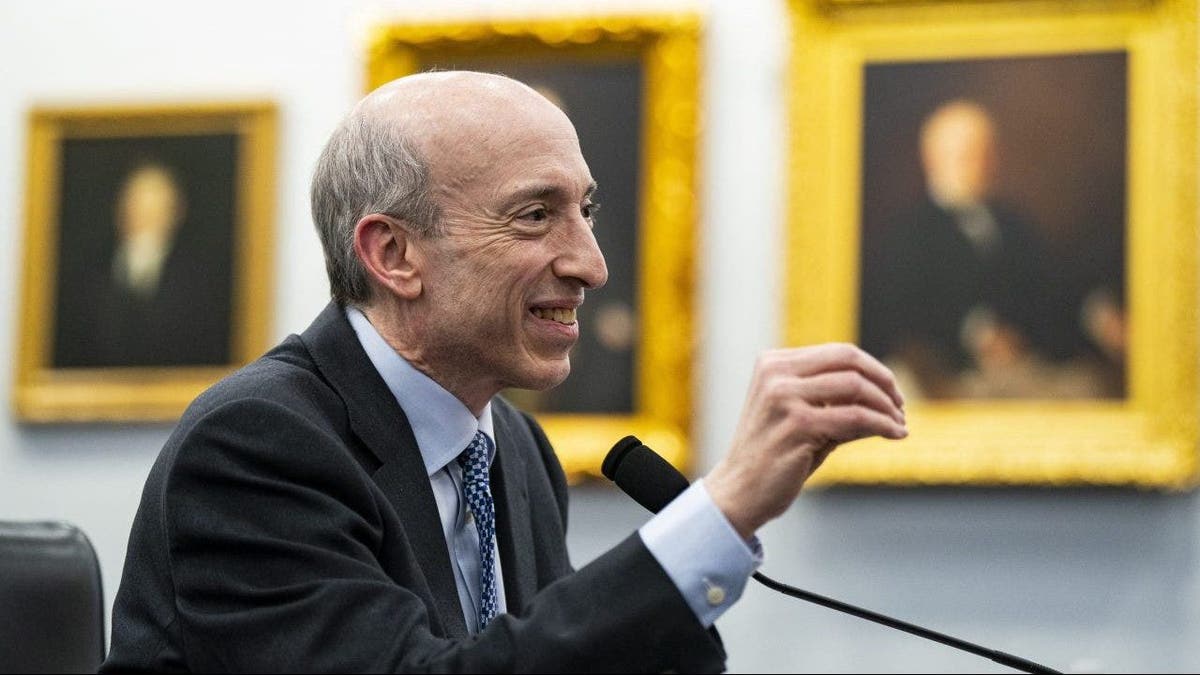GOP lawmaker calls for hearing on ‘disturbing’ efforts to allow foreign ownership of public lands
FIRST ON FOX: Rep. Jim Banks, R-Ind., is calling for House Republican leadership to hold a hearing to assess recent efforts to open federal property up for public and foreign ownership.
Banks penned a letter to House Financial Services Committee Chairman Patrick McHenry, R-N.C., requesting the panel schedule a hearing on so-called natural asset companies (NACs).
Though a federal proposal to publicly list NACs was recently withdrawn, proponents are reportedly committed to pushing the new corporate taxonomy. An NAC is a type of company chartered to “protect, restore and grow the natural assets under their management to foster healthy ecosystems.”
“The environmental, social and governance (ESG) movement, while ostensibly focused on financial markets, is now using NACs to bring its partisan and progressive influence onto public land management,” Banks wrote to McHenry in the letter shared with Fox News Digital. “This is a disturbing development that should be addressed by the Committee.
BIDEN ADMIN FAILING TO TRACK CHINESE OWNERSHIP OF US FARMLAND: GOVT WATCHDOG
“The Committee should demand the SEC deliver a more intelligible explanation of the alleged benefits of listing NACs in an open hearing,” he continued. “Additionally, just like ESG, investment into NACs will be most detrimental to the average American’s portfolio. Serious financial questions exist about whether they will generate investor returns at all.”
In a statement to Fox News Digital, Banks said House Republicans must defend property rights in the U.S.
“Natural asset companies are one of the most frightening and anti-American ideas to come out of the ESG movement, which says a lot. Republicans in Congress must fight back against this attack on Americans’ private property rights,” the Indiana lawmaker said.
The New York Stock Exchange (NYSE) states that NACs “capture the intrinsic and productive value of nature and provide a store of value based on the vital assets that underpin our entire economy and make life on earth possible.” The NYSE says natural assets that could be grouped into a NAC include forests, wetlands and coral reefs, as well as working lands such as farms.
TIKTOK ACTIVIST SAYS HE ADVISED WHITE HOUSE ON BIDEN’S NEW NATURAL GAS MORATORIUM
In 2023, the NYSE proposed a rule change with the Securities and Exchange Commission (SEC) that would have allowed for NACs to be listed on the exchange. The NYSE collaborated on the proposal with financial services firm Intrinsic Exchange Group, which first floated the idea of listing NACs as a free market solution to climate change.
But in January, after receiving widespread criticism from Republican state financial officers and attorneys general, and later Republicans on the House Natural Resources Committee, the SEC announced in a filing that NYSE had rescinded the proposal.

“It is hard to overstate the danger that so-called ‘natural asset companies’ pose to the livelihood of millions of Americans,” Will Hild, the executive director of watchdog group Consumers’ Research, previously told Fox News Digital. “Big woke corporations including BlackRock and foreign companies from hostile nations such as China would be handed free rein to buy up millions of acres of public land.
“Ranching, farming, energy production and many other critical industries would be denied shared access to public land, eliminating their productive use,” Hild added. “Even people who use public lands for recreation and hunting could suddenly find their access taken away.”
UNITED NATIONS FOUNDATION IS QUIETLY FUELING CLIMATE POLICY, FUNDING STAFF IN DEM STATES
Still, Banks said in his letter to McHenry that while the NYSE proposal was withdrawn, the possibility of listing NACs in the future still exists.

Douglas Eger, chairman and CEO of the Intrinsic Exchange Group, recently told the media outlet Agri-Pulse his firm remained “committed” to pushing NACs.
“We will come to the private markets, and we’ll find an appropriate outlet to the public markets — domestically or internationally,” Eger said.
McHenry didn’t respond to a request for comment.
Read the full article Here


